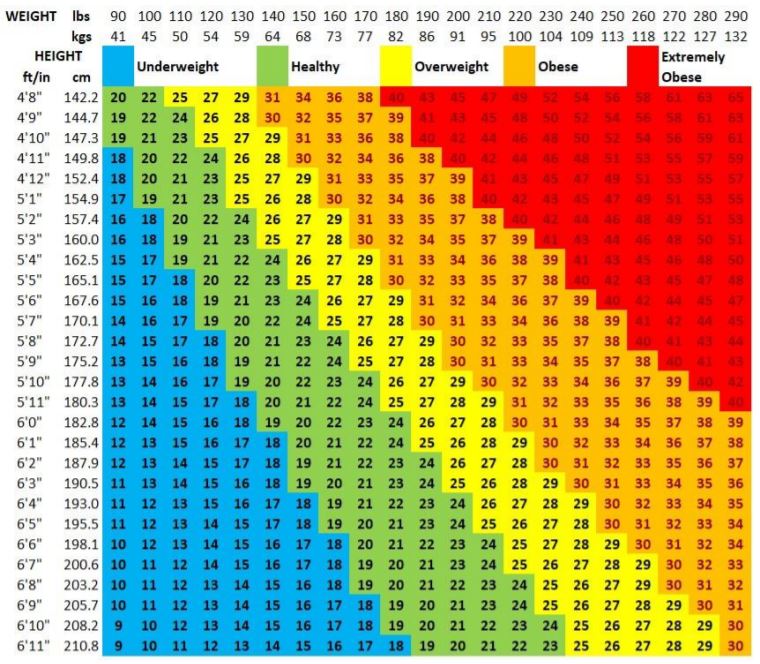What is obesity?
Obesity is defined as the condition of being very overweight and having a body mass index, or BMI, of 30 or higher. The BMI is a measure of your weight relative to your height. Your waist size is also important. It is a measure of your abdominal fat. Your health risks increase as your BMI and waist size gets larger. A waist measurement greater than 40 inches for men or 35 inches for women indicates a significant increase in health risk.


What are the risks of obesity?
Obesity is a serious condition because it increases your risk of poor health and major illness, such as:
- High blood pressure
- Breathing problems
- Stroke
- Heart disease
- Diabetes
- Hyperlipidemia, or increased fats in the body, often associated with higher cholesterol levels
- Gallbladder disease
- Gout
- Some types of cancer
- Osteoarthritis (stiffness and soreness of joints, especially the knees, that may occur with ageing).
Why do people get obese?
In the majority of cases, people are obese because they eat or drink too much, are inactive, or a combination of both. In a small number of cases, a medical condition or certain medications may increase the chance of becoming obese. Some people may have a genetic risk of becoming obese, but getting obese still requires the patient to take in more calories from
eating and drinking than they burn off from exercise and daily activity.
Calories, common foods and exercise
Calories is a way of measuring how much energy is stored in foods. The more calories, the more energy. The more energy eaten, the more likely a person will become fat. Some foods have more energy in them by weight than do other foods. For example, a kilo of fat has twice as many calories in it than does a kilo of sugar. Although both will make you fat, you only need to eat a half kg of fat to get the same amount of calories as in a pound of sugar. This does not mean you can eat all the sugar you want and you will not get fat. All calories matter, no matter where they come from.
Eating and drinking put calories, or energy, into your body. Exercise and daily activity burn calories off. Gaining or losing weight is all about a simple equation. If you take in more calories from eating than you burn off through activity, you gain weight. If you burn off more calories through exercise than you take in from eating, you lose weight. But remember, the body is very efficient using the energy in the food we eat. Unless a person is very involved in strenuous exercise, it is difficult to lose weight purely through exercise. The best method of losing weight is to eat less and exercise more.
First steps to losing weight
- Remember that everything you put in your mouth may increase your weight (food AND drink)
- Avoid sugared drinks – water or diet drinks are the only options
- Reduce portion size, and do not go back for seconds
- Exercise is an important part of losing weight and keeping it off
- It is better to eat 2-3 small meals a day than one large meal
- Eat more low calorie-dense foods such as fruits and vegetables and avoid high-fat foods.
- Avoid junk foods such as sweets, potato chips, french fries, ice cream etc.
- Avoid between-meal snacking – remember, everything you put in your mouth may
increase your weight - It is better to make small diet and exercise changes that result in 1-2 kg loss per month
then attempting to starve yourself and lose 5 kgs in one month.


